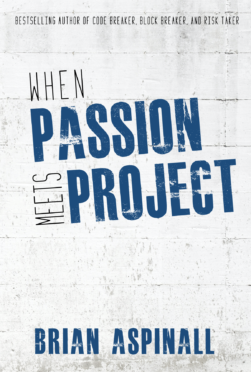Pedagogy Before Technology Indubitably, IT has changed aspects of the nature of knowledge and the way we access it. But what knowledge do we need in the 21st century?
Before I go any further, I recommend reading “Pedagogy before Technology” by DERYN M. WATSON, 2001 and ask yourself what knowledge do we need in the 21st century? Knowledge is at our fingertips. Now even more than 2001!
This won’t be a lengthy one, I promise. Just a few ideas to consider after some conversations today – and these are only my thoughts and questions and I encourage your ideas.
1) A worksheet on an iPad is still a worksheet. Refer to the SAMR model.
2) Placing students in desks and rows with tablets is not good practice and defeats any purpose of such device. See this article. “Learning spaces” must fit individual needs as it is not about the teacher.
3) It’s not about the technology. I use paper more now than ever in the last few years. #appchuck!
4) Genius Hour is not free time or #engagement. It’s about co-constructing knowledge. Maybe the engagement is a bi-product of this process.
5) Maker Education may be unnecessary – why do we ALWAYS have to create? See “Why I am Not a Maker”
6) Creation is a 21st fluency, right? – which contradicts #5.
7) The Hour of Code is corporate and without understanding the “why” don’t bother with it as it is as scripted as following a recipe.
8) Coding allows for computation thinking. See yesterday’s post. But principles of coding can be done without technology. See here.
9) Buzzwords. They are intimidating and make educators lose sleep over practices they already do but with a new term coined by someone corporate or selling book. Principles and ideas are good but buzzwords? However, buzzwords elicit change through intimidation. Now even I am confused.
10) Stop policing. .. We live in an unfiltered world where censorship is at an all time low yet we worry as educators about decisions we make. I like to call these teachable moments. We can’t police the internet. We can’t “protect” students from inappropriate ads. What we can do is have conversations. Have discussions about appropriateness and how the handle uncomfortable situations. Let’s educate these young people with the necessary skills to react accordingly to difficult situations, both online and in person and stop hiding behind firewalls. Knowledge is power. Besides, our students see much more outside of school than we realize or like to admit via the interweb or hanging with friends.
Stay the course, captain!
 For all the kids who grow up in a small town and think they don’t stand a chance. You do. I was once that kid.
For all the kids who grow up in a small town and think they don’t stand a chance. You do. I was once that kid.
Personally and professionally, I am always amaze with technology and on the look out of new developments. So many things to think and consider on your post but I would give more emphasis on numbers 1, 2 and 10. When we use technology in the classroom, what do we actually have in mind? Is it a replacement of actual worksheets to save on printing cost or is it to enhance student learning? Number 2, my grade 2’s choose the spot in the classroom where they can maximize their learning. This way, they also learn to practise self-regulation. Lastly, I strongly agree with your last statement. Our students experience more outside the school premises, interact with countless people and go to numerous places that give them first hand life experiences. Talking about digital citizenship with them will help these young citizens to be more responsible, growing up in an unfiltered world.